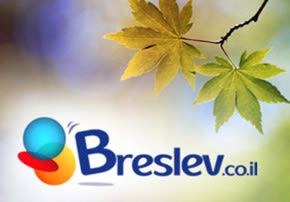
Truth and Life
Rebbe Nachman explains that life and truth are synonymous concepts, whereas falsehood is an aspect of death . For instance...

"The Lord God is true; He is the Living God, and Eternal King." (Yirmiyahu 10:10)
"What is this truth?" Rabbi Avun said, "That He is the Living God, and Eternal King." (Jerusalem Talmud Brochot 1:5)
The Talmud seems to have had a problem. Why did the Prophet Yirmiyahu (Jeremiah) describe God as "true?" Was there something lacking in stating that God, the Transcendent and Eternal, is the Lord, the Ruler of all? Furthermore, how did Rabbi Avun answer this question by simply restating the end of the verse, that He is the Living God and Eternal King?
In Likutey Moharan, Rebbe Nachman explains that life and truth are synonymous concepts, whereas falsehood is an aspect of death (Likutey Moharan I: 37. See also Zohar I:241b). For instance, the Talmud speaks of a certain place named Kushta – Truth – where no one ever died before his time (Sanhedrin 97a). Rabbi Shimon Ostropolyer pointed out that the words, "[Give] truth to Yaakov [Jacob]" (Michah 7:20) are composed of the same letters as the phrase, "Yaakov did not die" (Ta’anit 5b). Because truth is an expression of life.
A World Full of Providence
By stating that God is alive, Rabbi Avun was refuting those heretics, who claimed that God created the world, but then removed His Presence and allowed it to run on its own. According to the Arizal, when a particular spiritual influence passes from one level to the next, it is considered to have "died" in relation to the previous level (Zohar 3:135b). By declaring that God can no longer be found in creation, that He is not intimately involved in our lives, these heretics were implying that God is no longer alive and therefore, not true (God forbid). Rabbi Avun said: No! God is alive! He is true! He does exist and His Presence fills all of creation! Thus the prophet said, "The Lord God is true, He is a Living God, and an Eternal King."
God is true. His Being permeates the entire universe. He did not leave the world behind. One cannot talk about death in regard to God; for it is He who gives life to all of creation. He alone is the Eternal Ruler who directs our world with absolute control. Thus, the end of the verse serves as a commentary on its beginning. "The Lord God is true," therefore, "He is the Living God, and Eternal King." Since He rules the world and His glory fills creation, He is alive.
A Person Who Has Faith is Truly Alive (Sichot HaRan 57)
A person of faith believes that God enlivens and directs all of creation, down to its minutest details. Even if a person sees things in life that he does not understand, he nevertheless believes that this event is also from God. Any confusion we experience stems from our own lack of clarity. In the World to Come, when the spirit of impurity is cleansed from the earth, mankind will experience awesome spiritual revelations that will dispel all our doubts and questions.
A person with faith sees the world as completely alive, since the Living, Eternal God constantly imbues it with existence. Tzaddikim are called alive because they live by this faith, as the Talmud says "Habakkuk came and based the entire Torah on one principle: ‘A tzaddik lives by his faith ‘ " (Makot 22a). As for a person who lacks faith, the opposite it true. It is he who is dead. "The wicked are called dead in their lives," says the Talmud (Brochot 18b). When the letter alef, which represents the Master of the World – alufo shel olam – is removed from the word emet – truth, what remains is met – death.
The Creation of the World Through the Torah
The Midrash says that God created the world with the holy Torah, and continues to direct it according to the Torah (Bereishit Rabbah 1:1, Zohar 2:161a, Degel Machaneh Ephraim, Parashat Bo, Sefer HaMidot; Chidushin d’Oraita 2:9). The Vilna Gaon wrote:
"All that exits, existed, or will exist, can be found alluded to in the Torah, from the first word ‘In the beginning,’ to the last words, ‘In the eyes of all Israel.’ And not just in a general way, but in a specific, detailed way concerning the life of each individual, from his first day until his lasts, in each of his lifetimes. Every animal, beast and creature in the world, every plant and greenery, every rock, every single detail of every single species, for ever, and all that will happen to them and their supernal roots, is all in the Torah. Furthermore, whatever is written about the Patriarchs and Moshe and the People of Israel recurs in every generation, because portions of the souls are reincarnated in every generation. Everything that happened from the story of Adam until the end of the Torah reoccurs in every generation, and in every individual. All of this together can be found alluded to in the first chapter of Bereishit (Genesis). It can even be found in the opening paragraphs, from the verse, ‘In the beginning. . .’ until, ‘All that God created to do.’ And, in the most general way, it can all be found in the very first verse of the Torah, in the first seven words, which correspond to the seven thousand years of the world’s existence" (The Vilna Goan of Sefer d’Tzniyusa, chapter 5).
God is so present in creation that even the sound emitted by the strike of a walking-stick is not accidental. God said to Iyov (Job), "I do not mistake even one drop of rain for another" (Bava Basra 16a). A blade of dry grass is not uprooted, or a stone thrown down, until the appointed time and in the appointed place, as it is written: "In the place where a tree falls, there it was meant to be" (Kohelet 11:3). There is not one movement, from the concealment of God’s Infinite Light at the outset of creation, to the most insignificant physical gesture, that is outside His will (Sha’ar Ruach HaKodesh, beginning; Pri HaAretz, Parashat Bo. See also the chapter on Providence in the book Shomer Emunim).
The Baal Shem Tov commented upon the verse: "Know the God of your fathers and serve Him" (I Chronicles 28:9). The word "know" implies union, as it says, "And Adam knew his wife" (Bereishit 4:1). This is the goal of life: To be united with the Holy One, blessed be He, and to realize that everything comes from Him" (Degel Machaneh Ephraim, Parashat Va’eschanan).
Individual Providence
This is why the Torah constantly speaks of "knowing" in regard to the miracles that Moshe performed in Egypt. "That you should know that the earth is the Lord’s" (Shemot 9:29). Through contemplating the miracles of the redemption, we can come to know – to be united – with the Holy One, and believe in His guiding Presence.
The Egyptian consciousness, to the point that they could no longer recognize God’s constant and loving renewal of Baal Shem Tov taught that the Egyptian exile was primarily spiritual in nature. The Jewish People were deeply enslaved by the creation (Sefer Baal Shem Tov, Shemot 15, footnote 18). Egypt was the paradigm of Jewish exile that seeks to enslave the Jew’s consciousness of the Divine in the grossness of the physical world (Likutey Moharan I:7). This lack of consciousness is the primary cause of exile, as the verse says, "My people are exiled without awareness" (Yishaya 5:13), that is, without awareness of God (Ibid. I:21. See Bamidbar Rabbah 10:1). Thus, the redemption from Egypt occurred precisely through the opposite force: The revelation of God’s Presence in the world.
The same holds true of each individual’s personal exile, when our souls have been poisoned by the "venom" of the Serpent. We can fulfill the mitzvah of recalling the Exodus from Egypt every time we remember that it is in God’s power to deliver us from our personal afflictions. When a person realizes that the Master of the World guides his every breath, word and movement, then all the barriers between him and his Creator are destroyed, and the false concepts are annulled in the light of revelation (Sefer Baal Shem Tov, Shemot 18). This is the eternal exodus, "The signs and miracles God set in Egypt until today" (Yirmiyahu 32:20). Every day a person descends into darkness, confusion and despair. But the "tzaddik lives by his faith." He believes that everything he sees and hears is only from God, blessed be He, and every occurrence is actually providential. This faith imbues his life with Godliness. This is the exodus from Egypt of every single day.
The verse states: "And the King of Egypt died" (Shemot 2:23). A few lines late, the verse states: "And Moshe was a shepherd" (Shemot 3:1); for when evil falls, the light of the tzaddik begins to shine (See Otzar HaChaim, Behar, 264b, in the name of the Baal Shem Tov). Moshe was the embodiment of Divine awareness. Through the miracles he performed, he revealed to the world that there is a God who governs every detail, every footstep and every word.
The first of the Ten Commandments is written in the singular, "I am the Lord, your God, that took you out of the land of Egypt." It addresses every individual, Rav Tzaddok HaKohen pointed out that of all the Ten Commandments, the first is not actually a commandment. It is more in the nature of a statement, "I am the Lord, your God. . ." That is, it is a promise of personal redemption.
Chazal say that the first two commandments, "I am the Lord, you God," and "You shall have no other gods before Me," were heard directly from the Almighty (Makot 24a). The Pittsburgh Rebbe, zt"l, commented: The Torah was given with "a mighty voice, that did not stop" (Bamidbar 5:19). This voice still echoes throughout creation. One can still hear the commandment "I am the Lord, your God," and the warning, "You shall have no other gods before Me." Where are they heard? In the Kriat Shema. "Hear, O Israel" – Jew, pay attention and listen to the voice of God. "The Lord is One" – just as the first commandment states. "The Lord is One" – He alone exists, there is none other, as affirmed by the second.
May it be His will to shine His Face upon us, for "We have only the light of His Face, as it says, ‘Shine Your Face and we well be delivered’ (Tehillim 80:4)" (Midrash Shocher Tov 80).
(Used with permission from the author. From the book "In all my Ways" Keren Ohr Publications)


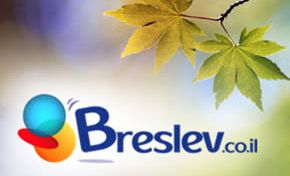
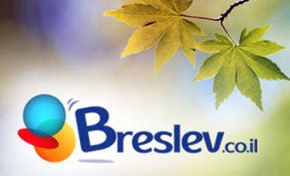
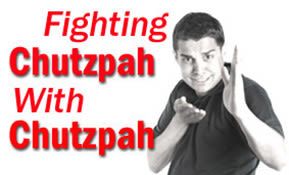
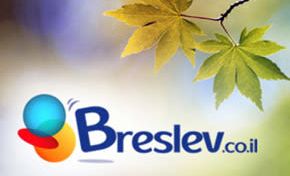
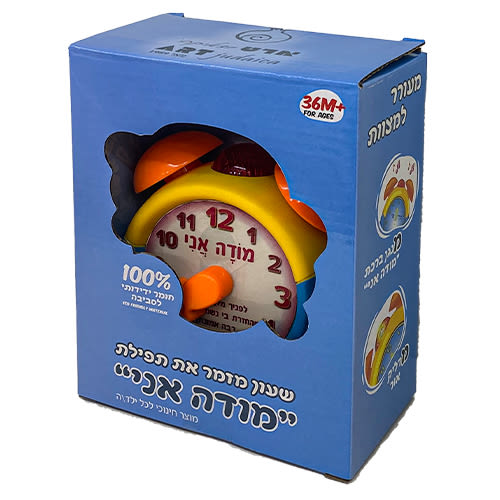
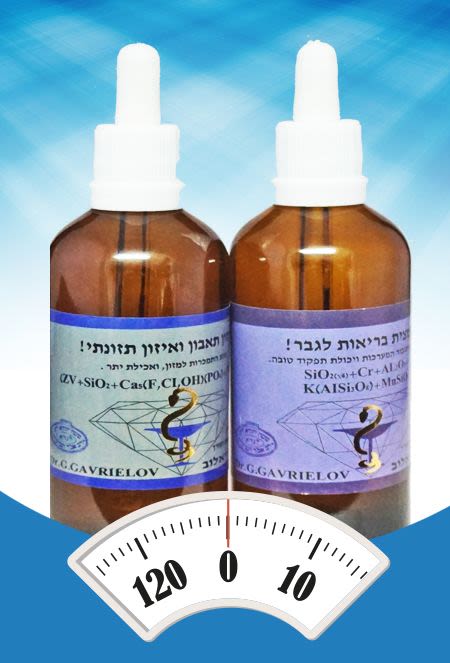

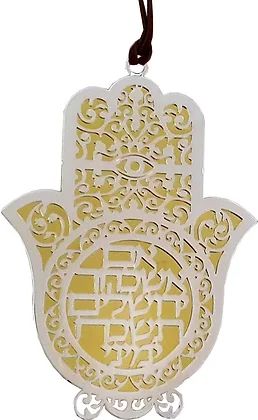
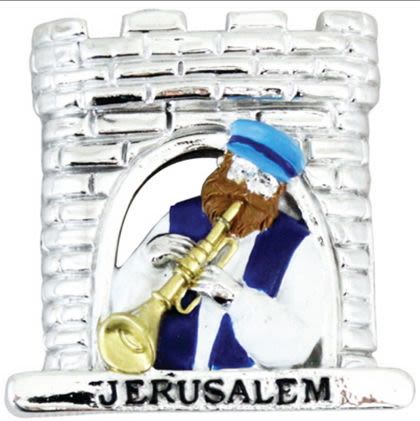
Tell us what you think!
Thank you for your comment!
It will be published after approval by the Editor.